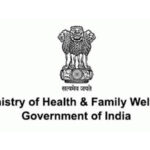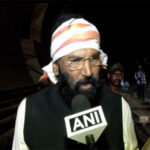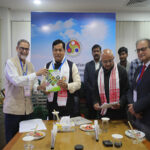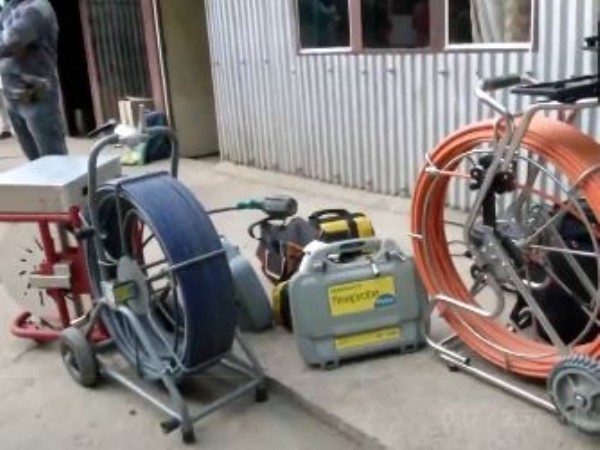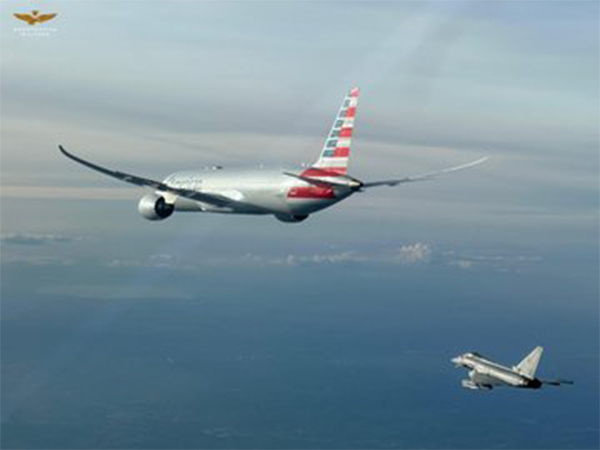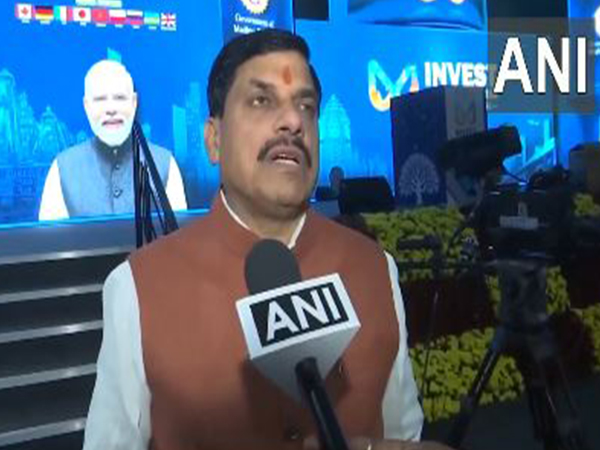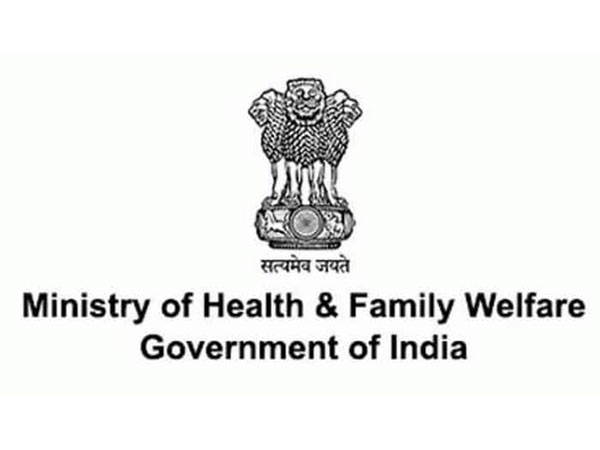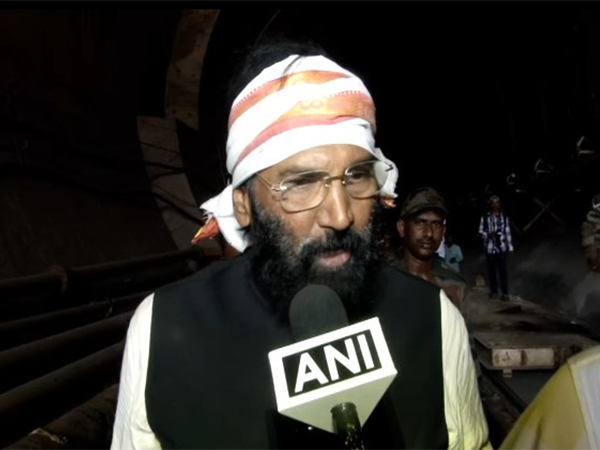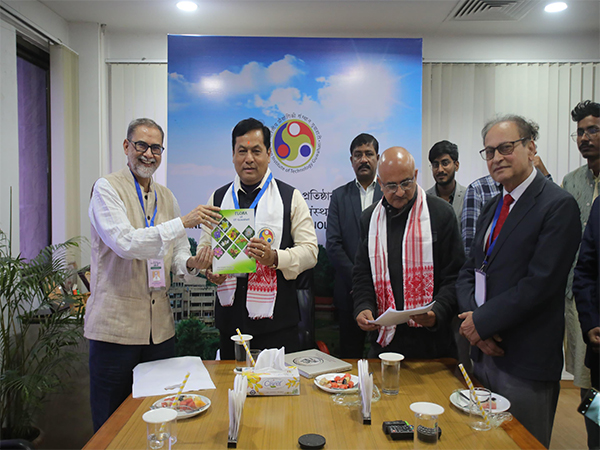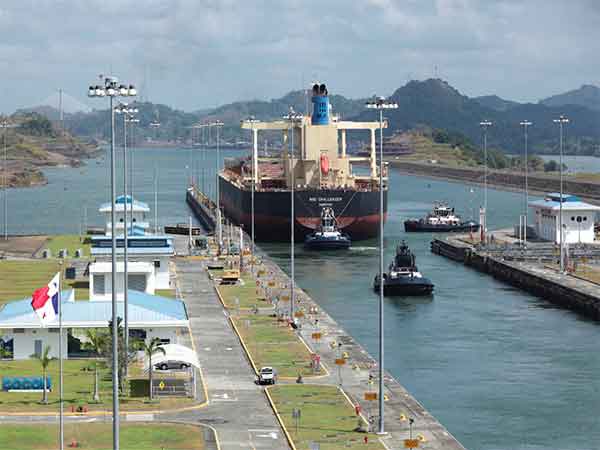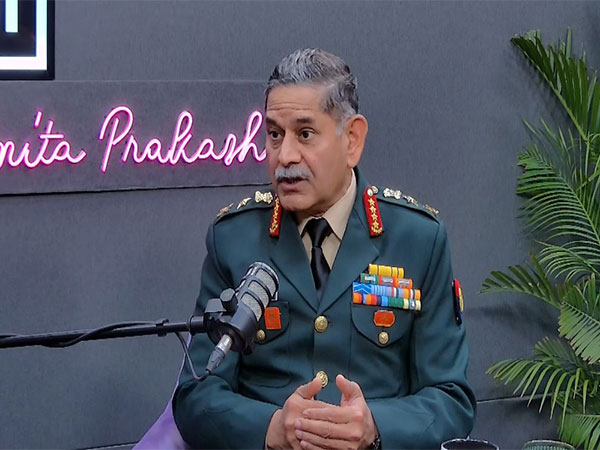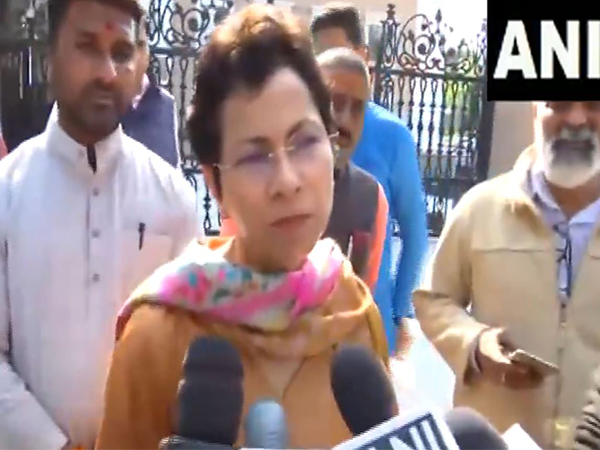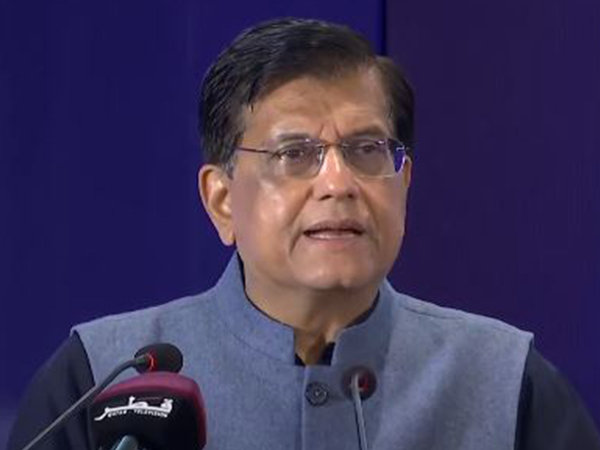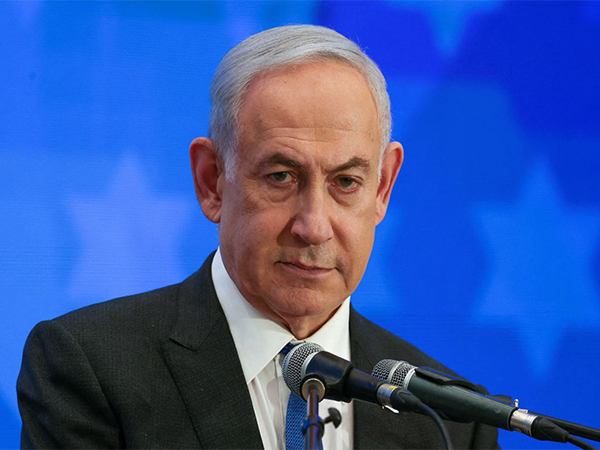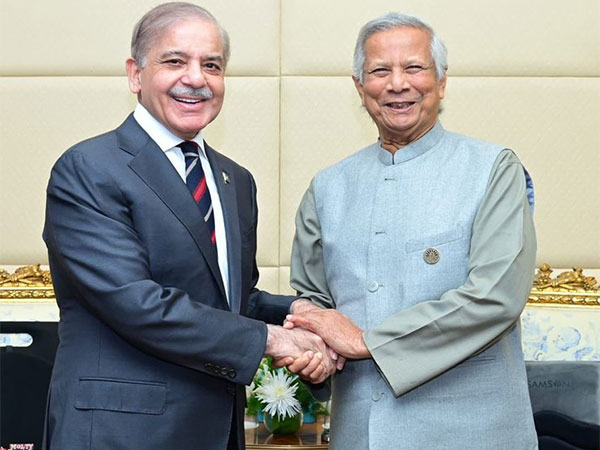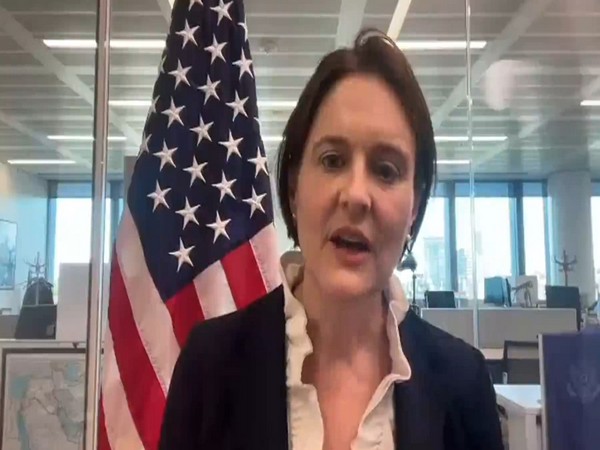
By Diksha Rathore |
London [UK], July 29 (ANI): At a time when the Quad Foreign Ministers held a meeting in Tokyo, the United States said that its relationship with India is not restricted just to the security bloc; the bilateral engagement between the two nations is spread much wider across multiple domains.
In an interview with ANI, the US State Department‘s Hindustani spokesperson, Margaret MacLeod said, “I think the relationship between India and America is bigger than QUAD. QUAD is just a minilateral, which focuses on a particular region but when we talk about the bilateral ties between India and the United States, we are working on critical emerging technologies, we are engaged in Exercise Malabar, we are working on people-to-people ties, we are investing in the education sector, all this is strengthening our ties.”
The State Department official not only highlighted the strong people-to-people connection between India and the US but also talked at length about how the US views India’s role in the bloc.
“India and America are working together on a lot of new technologies. We are also working together in the field of education. Our relationship is very strong…We also have the Indian diaspora here in the US which is a living bridge and is contributing immensely to the ties between the two nations,” MacLeod said in an interview that was conducted virtually.
She also underlined how Open RAN (Radio Access Networks) has better reliability and comes at better prices, noting that this will be a great opportunity for the Indian technology industry.
“If you look at today’s joint statement, India was seen in an important role…It will also be very interesting thing to know for Indians that they support Open RAN,” MacLeod said.
It is pertinent to note that the Quad Foreign Ministers recognised the transformative power of critical and emerging technologies in their joint statement, which was released on Monday, to support sustainable development in the Indo-Pacific.
“We continue to advance the development of a trusted, secure and robust telecommunications network, and promote supplier diversification, Open Radio Access Networks (Open RAN) and joint projects such as the Open RAN deployment in Palau, where Quad countries have collectively secured extensive investments in Open RAN trials, core network replacement, and capacity building. We are uplifting the next generation of science, technology, engineering, and mathematics experts through the Quad Fellowship, which expanded this year to include students from Southeast Asian countries,” the Quad Foreign Ministers’ Meeting Joint Statement read, according to Australia’s Ministry of Foreign Affairs.
Underscoring the importance of the QUAD in the Indo-Pacific, MacLeod, sharing the history of the bloc, said that it is the positive agenda of the bloc to maintain peace and stability in the region.
“The positive agenda of QUAD is a peaceful, stable and prosperous future for the entire region (Indo-Pacific), and while using our own capabilities, we are providing our neighbours with information, training, and assistance so that every country is able to keep its maritime borders protected and safe,” she said.
“The Quad was first established in the wake of the 2004 Indian Ocean Tsunami to coordinate humanitarian assistance and disaster relief. When humanitarian assistance was most needed, at that time, these four nations (India, Australia, the US and Japan) decided to do something for their neighbours, and the security bloc was formed,” she said further, shedding light on the formation of QUAD.
MacLeod also mentioned the biggest feat achieved by the bloc in the last 10 years, saying “If we talk about the last 10 years, the biggest work of the QUAD was the Quad COVID-19 vaccine partnership which was carried out in which, every nation had its contribution according to its capability…”
In March 2021, the Quad leaders launched the Quad Vaccine Partnership, to help enhance equitable access to safe and effective vaccines in the Indo-Pacific and the world.
Notably, External Affairs Minister S Jaishankar, along with Foreign Ministers of Japan Yoko Kamikawa, Australia’s Penny Wong and US Secretary of State Antony Blinken, participated in the Quad Foreign Ministers’ meeting held on July 29 in Tokyo. The leaders reaffirmed their commitment, common principles, and capacities to preserve and strengthen the international order for the global good.
“We look forward to India hosting the next Quad Leaders’ Summit later this year, and to the United States hosting the next Quad Foreign Ministers’ meeting in 2025,” a joint statement after the meeting held in Tokyo read.
Meanwhile, Jaishankar, addressing a press conference after the Quad meeting, said that the Quad “is not a talk shop but a platform that generates practical outcomes.”
“For example, our HADR conversations are reflected in understandings and SOPs between our Navies. The Indo-Pacific Maritime Domain Awareness initiative that came out of Quad today links information fusion centres. The Open-RAN network, which we have spoken about so much, is being deployed in Palau. A space-based climate warning system will be launched soon in Mauritius. Off-grid solar projects are actually happening in the Indo-Pacific islands. During Covid, we cooperated to deliver vaccines to countries in this region. And the first cohort of Quad STEM fellowships is passing out and the second one will also cover ASEAN,” Jaishnakar said.
Quad is a diplomatic partnership between Australia, India, Japan, and the United States, committed to supporting an open, stable, and prosperous Indo-Pacific that is inclusive and resilient.
The Quad Foreign Ministers Meeting joint statement issued on July 29 said that the countries of the bloc were collectively advancing a positive and practical agenda to support the Indo-Pacific region’s sustainable development, stability, and prosperity, responding to the region’s needs.
The statement said that they contribute to a region in which all countries and people can exercise free choice in how they cooperate, and trade based on partnership, equality and mutual respect. (ANI)





